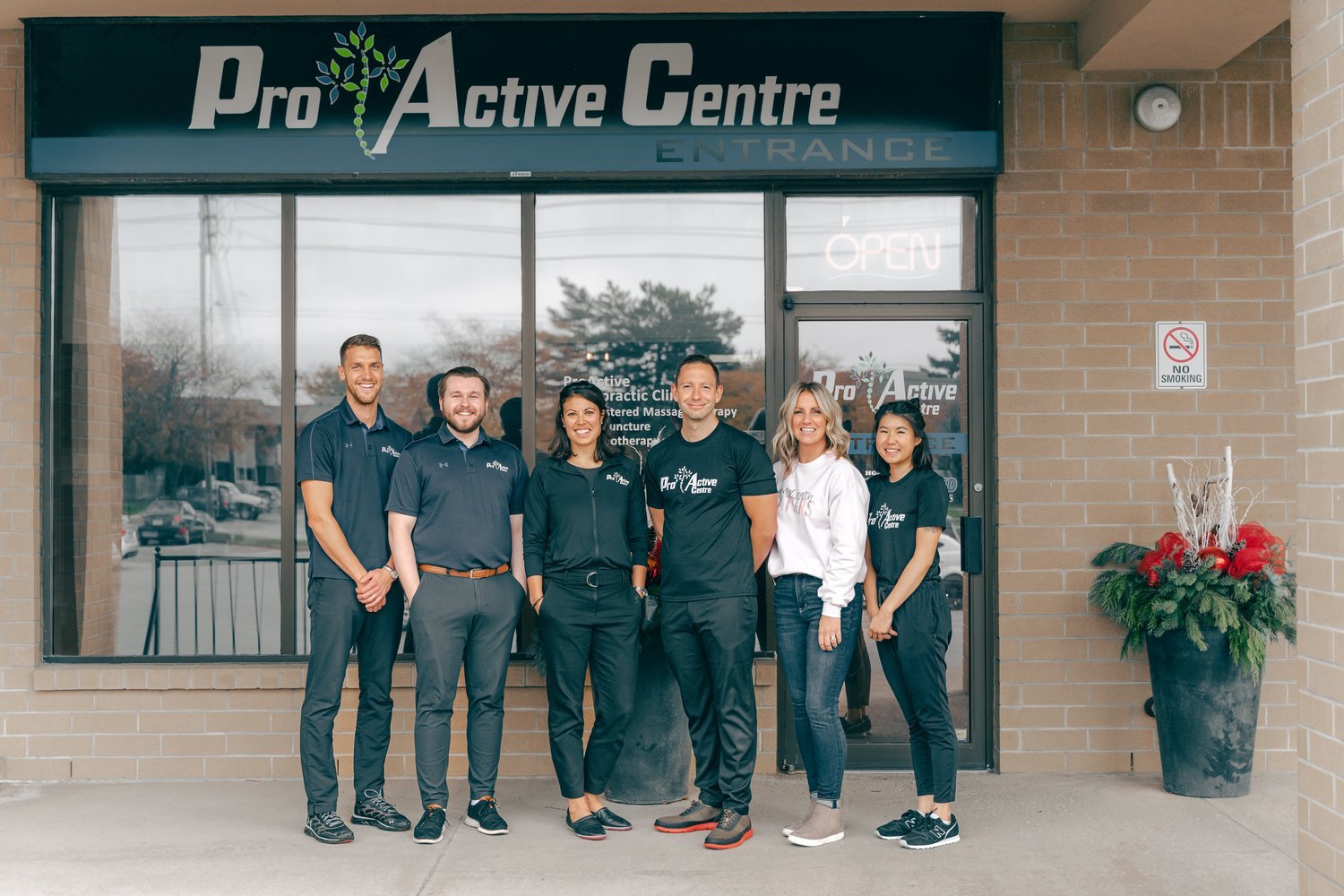Matthew Marini
BA, BSc, MA, MPC — Mental Performance Consultant
Born and raised in St. Catharines, Matthew is a graduate from the Brock University Faculty of Applied Health Sciences with his Masters focused on sport psychology. He is a PhD candidate and instructor at Brock, continuing to hone his craft in the field of Sport Psychology and is currently a Professional Member of the Canadian Sport Psychology Association. Matthew has worked with numerous varsity teams at Brock such as Men’s and Women’s basketball, wrestling, rowing, volleyball, curling, soccer, cross country and hockey. He has also worked with many local sport teams and organization around the Niagara region. With his colleagues at Brock and the Canadian Sport Institute of Ontario, he is now helping to spearhead the mental performance program for the NextGen rowers in the Brock hub. His focus is on athletes who are hoping to compete in 2020 summer Olympics in Tokyo and the 2024 summer Olympics in Paris. In his spare time, he has spent the last 10 years volunteer coaching basketball for CYO in St Catharines.
One of Matthew’s main research areas has been Positive Youth Development and the importance of participating in organized sport for healthy developmental outcomes. His PhD research is focusing on helping athletes perform and trying to understand the psychological and physiological causes of why athletes ‘choke’ under pressure. With the skills developed through mental performance consulting being highly transferable from sport to other areas, such as work and business, Matthew’s goal is to help his clients improve in all aspects of their lives and continue to positively develop healthy life outcomes.
Matthew accepts bookings via telephone or email only. Please send an email below or call our clinic to book.
FAQs with Matthew
-
Sport psychology is the field of research/area of study, whereas Sport Psychologist is a registered name that can only be used for people who are Registered Psychologists or Psychotherapists with their regional College. The Canadian Sport Psychology Association prefers to use the term Mental Performance Consultant (MPC) and later this year the CSPA is working on joining the Association for American Sport Psychology to be called Certified Mental Performance Consultant (CMPC). To become a CMPC you need to have a Masters or PhD in Sport Psychology, Psychology or a closely related field. It includes completion of required courses and 400 hours of service as an MPC trainee.
-
I find the most common reason people/athletes reach out to me is to help with performance under pressure. This topic goes hand-in-hand with my PhD thesis; it is an issue that is very complex, with a wide variety of factors that can influence a person's performance.The main goal of a Mental Performance Consultant is to facilitate the development of mental & emotional skills, techniques, attitudes, perspectives and processes that lead to performance enhancement & personal development.
-
The initial mental performance session is where I get to know my clients, making sure that they get to know me at the same time. From there we take a deeper dive into the intake assessment that I send out before the first session and really try to explore the topics and issues that made the client reach out to me in the first place.
-
Coverage for sessions is currently only covered if you are a provincially or federally carded athlete pursuing elite amateur performance. In the future, we expect more exposure through the Canadian Sport Psychology Association to include coverage of services by extended health benefits.
-
The most common clients are athletes between the ages of 15 to 38. The typical issues we deal with are client specific, including performance under pressure, focus, dealing with anxiety, mental toughness, & learning how to have proper life balance.
-
Some clients are seen a handful of times, and others can be many times over multiple seasons (performance & off season). I try to focus on helping the client build self-awareness so that when a performance challenge comes along, they have the necessary tools to deal with the circumstances. The amount of time this takes is dependent on the person.
-
The flexibility offered by online appointments is ideal. It may be based on client preference or availability. Certain assessments need to be done in-person, such as heart rate, heart rate variability (HRV), as well as EEG work. Currently the majority of sessions are booked online, however we can make either one work.
-
I've always loved sports, either playing or coaching. I love the environment of trying to compete and test your own skills and this is definitely a field where I can do both of those for my clients. I love showing how scientific research can provide a way for athletes to understand the skills and interventions that are developed by researchers of Sport Psychology in order to help improve performance. At the end of the day when an athlete truly understands that and gains the self-awareness to help themselves, the effort and motivation just clicks.
Let’s Connect

“We are what we repeatedly do.
Excellence, therefore, is not an act, but a habit.”
Aristotle




